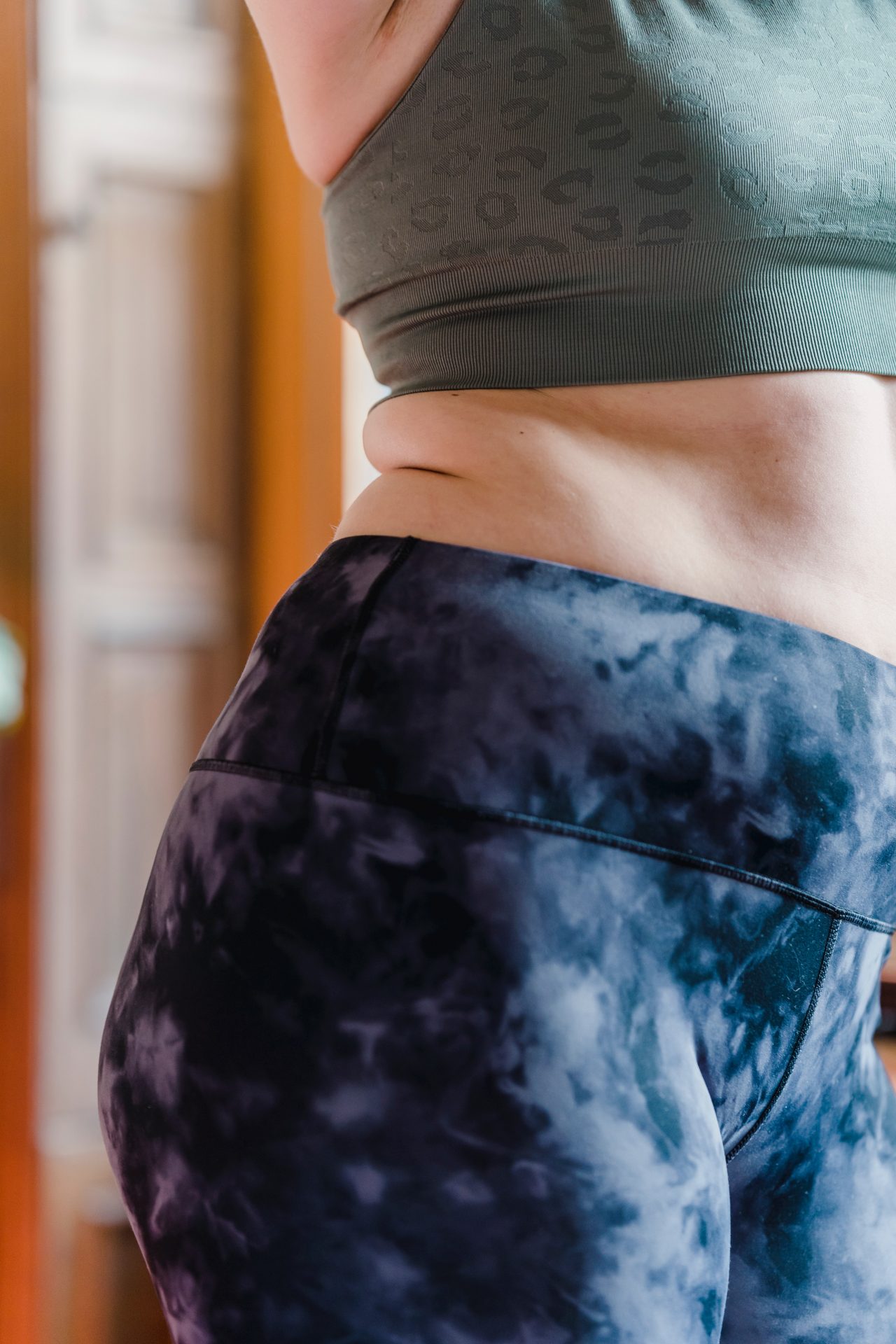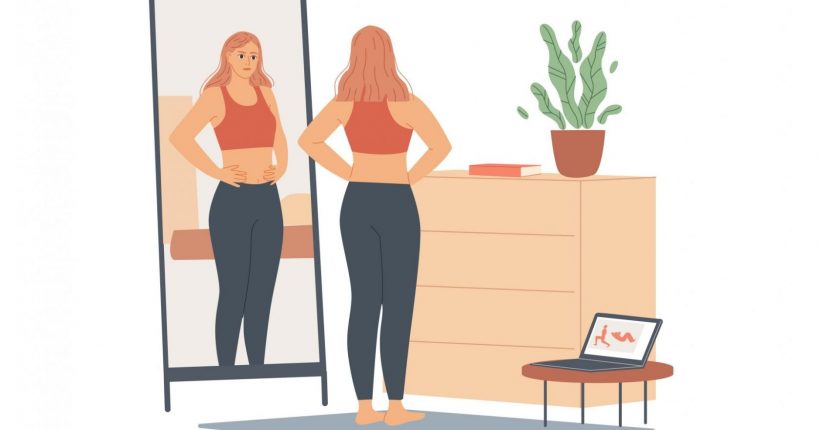https://ehealthweek2010.org/top/what-is-benicar-hct/
People are sharing ‘bloated’ selfies on Instagram, but are they more harmful than helpful?
There’s a new genre of before and after posts on social media. Scroll too fast past the side-view images of a woman’s stomach and you might think they’re the same old body transformation photos showing off the results of an eight-week training programme. But look closely and you’ll see that the ‘after’ picture actually features a more rounded stomach.
The point of these posts is to ‘normalise’ bloated bellies, showing the difference in size and shape from morning to evening. The change is something most of us can probably relate to – we wake up looking one way and go to bed looking another after a day of eating, drinking and stressing inevitably impacts our stomachs.
You may also like
Diaphragm, stress and gut health: is belly breathing the key to better digestion?
As someone with IBS, I was impressed by the first few of these posts I saw. I’ve long been someone who will pick evening outfits based on looseness, giving myself room for the inevitable bloat that comes after a day of eating. During bad flare-ups, many of my outfits are off-limits and I hate to admit that I become self-conscious of my distended stomach and the discomfort it causes. Seeing other people’s similarly stretched skin initially made me more relaxed about my daily fluctuations.
But the more of these posts I saw on Instagram, the less helpful they became. People would post images talking about how bloated they felt or looked, but their stomachs appeared barely swollen. Others would share images of their ‘evening belly’ that looked even more flattering than my morning stomach. The comparison cycle inevitably reared its head – why didn’t my bloating look as cute as the ones online? Why was my stomach ballooning while others were gently rounded?

I began to feel resentment at the fact that some people could get away with bloating in ways that I couldn’t. And I’ve seen criticism of these posts from people in larger bodies, who express annoyance at slim people being applauded for showing off their rounded stomachs when their fat bodies are being constantly criticised.
Are bloating posts helpful or harmful?
“I think it’s helpful to de-pathologise bloating in lots of respects,” says health psychologist Dr Sula Windgassen, whose work focuses on talking therapies to improve IBS. “We can bloat because we’ve eaten more than usual, eaten different things (particularly if they’re high in fibre), not eaten anything for a while then suddenly eaten fast…
“It’s healthy to generate acceptance of our appearance changing throughout the day. That intention can be really helpful. However, the problem with these posts is that they are decontextualised from people’s individual experiences.”
You may also like
Bloating: is our obsession with de-bloating causing too much worry about a normal bodily function?
One of her concerns is that people might be reassured by the fact that bloating is normal and neglect to do anything about it.
“The nuance and explanation can be overlooked on social media and without context people might not know if their bloating is normal or something to be concerned about,” she says. “It can also leave some people feeling disempowered – like their bodies will just change and they’ve got no control over things when that is not true.”
But when it comes to comparison, Dr Windgassen says the issue with these side-by-side posts is that they “entirely focus on appearance which is often really unhelpful. Posts like these double our focus and fixation on what we look like, and the subliminal messaging is that our worth is determined by our bodies, even if the people posting are trying to make the opposite point. It’s not to say that we have to repel anything that has to do with aesthetics, but it becomes problematic when we masquerade that with language that’s supposed to be anti-shaming.”
How to stop bloat comparison
With social media algorithms now set up to show posts from users you might not even follow, it’s hard to look away from posts that trigger comparison. Dr Windgassen says the solution is in being intentional with how we relate to the things we see online.
“If you see something that makes you feel bad, unhappy or dissatisfied, my best advice is to retrace your steps,” she says. “What did you last look at, and what was it that you compared? Is that a belief you really hold about yourself or others, or are you just feeling vulnerable today? Are these posts helpful most of the time but not today, or are they never working for you?
“The problem with consuming social media is that it’s something we do quite passively. We open the app, consume what we consume and walk away. We need to be better at joining up the dots between action and outcome.”
Maybe my bloat comparison sounds silly, but it’s a symptom of the never-ending inferiority we feel when we scroll – particularly when it comes to our bodies. These posts serve as a good reminder that our size and shape change over hours, days, weeks and months, but comparing ourselves to anything we see online is just setting us up to fail.
Images: Getty/Pexels
Source: Read Full Article
